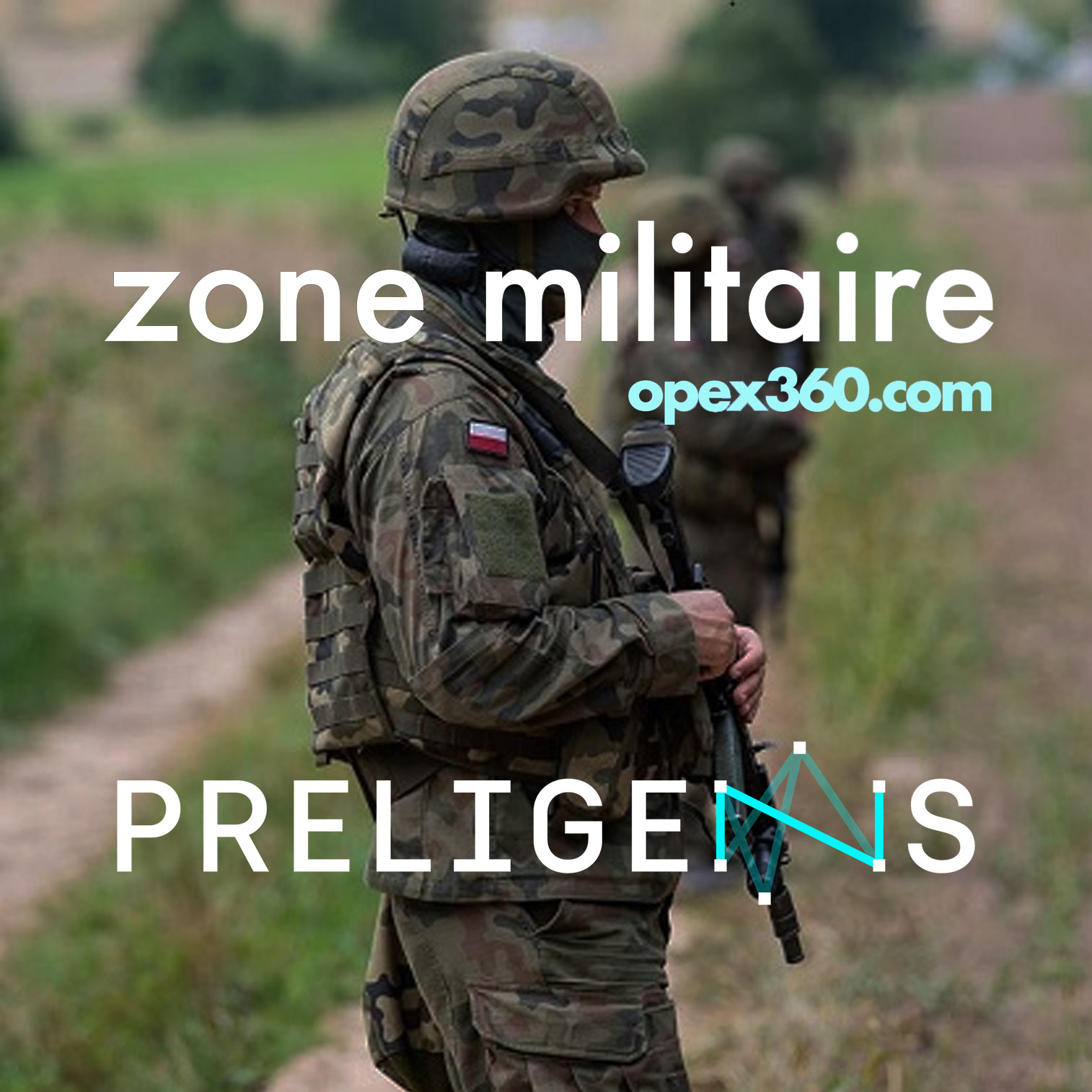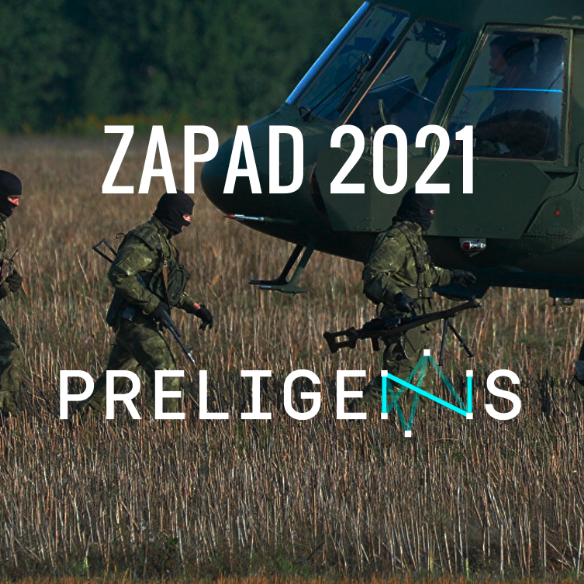Poland declares a state of emergency ahead of Zapad-21 in its bordering regions with Belarus

09/02/2021 by Laurent Lagneau
Read the original article in French on Opex360.com
In the summer of 2017, the Zapad-17 military exercise, jointly organised by Russian and Belarusian forces, was the subject of much comment prior to its kick-off, with Russia being accused of a lack of transparency, particularly regarding the number of soldiers and the resources it intended to commit at the time.
"When we only look at the exercise that is shown by Russia, there should be no concern. But when we look at the situation as a whole, we should be concerned because Russia is not transparent," commented General Petr Pavel, who was then chairman of Nato's military committee.
Four years later, and as another edition of the Zapad exercise is being prepared (and that will be possible to follow thanks to tools developed by the French company Preligens), Poland has just announced that it will declare a state of emergency in the regions bordering Belarus as of 2 September, for a 30-day period. The last time such a measure was taken was in 1989, just before the fall of the communist regime.
"We are using all possible means to monitor this exercise [Zapad 21]" and "we are taking all necessary [political and military] measures to neutralise possible threats or provocations," the Polish defence ministry told Reuters. However, it did not give exact details of the measures in question.
The Polish authorities seem concerned about the context in which the Zapad 21 exercise will take place. Indeed, the border between Belarus and Poland is currently under tension due to an influx of migrants from the Middle East and Afghanistan. And the same is true of Lithuania, which in August accused Minsk of using the migration issue to destabilise it and respond to EU sanctions against the Belarusian government.
"If some people think that we are going to close our border [...] and become a refugee camp for those fleeing Afghanistan, Iran, Iraq, Syria, Libya or Tunisia, they are wrong. We will not stop anyone. They don't want to come to us, they want to go to this warm and comfortable Europe of the Enlightenment," said Alexander Lukashenko, the Belarusian president, in July, not without irony.
Except that it has been established, according to the EU, that Minsk has set up a migrant route precisely to put its neighbours under pressure. This is what Josep Borrell, EU's High Representative for Foreign Affairs and Security Policy, said in an interview with the Spanish daily El Pais.
However, Mariusz Kaminski, the Polish Minister of the Interior, stressed that "as a state, we must ensure that our eastern border is well prepared for various eventualities", hence the "large number of soldiers, border guards and police" that have been deployed there. His defence colleague Mariusz Błaszczak, did not hesitate to speak of a "hybrid attack" on Poland and the European Union.
"The situation on the border is difficult and dangerous. [...] We have to take such decisions and ensure the security of Poland and the EU," summarised Blazej Spychalski, the Polish Presidency spokesman.
image © Opex360.com


